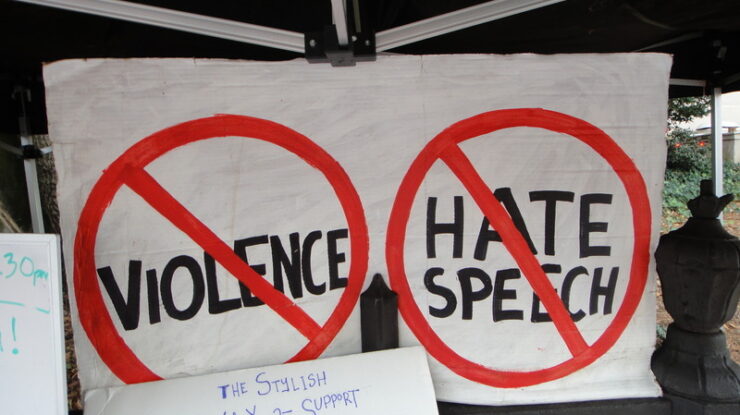The Online Harms Act – otherwise known as Bill C-63 – is really at least three bills in one. The Law Bytes podcast tackled the Internet platform portion of the bill last month in an episode with Vivek Krishnamurthy and then last week Professor Richard Moon joined to talk about the return of Section 13 of the Canada Human Rights Act. Part three may the most controversial: the inclusion of Criminal Code changes that have left even supporters of the bill uncomfortable.
Boris Bytensky of the firm Bytensky Shikhman has been a leading Canadian criminal law lawyer for decades and currently serves as President of the Criminal Lawyers’ Association. He joins the podcast to discuss the bill’s Criminal Code reforms as he identifies some of the practical implications that have thus far been largely overlooked in the public debate.

























